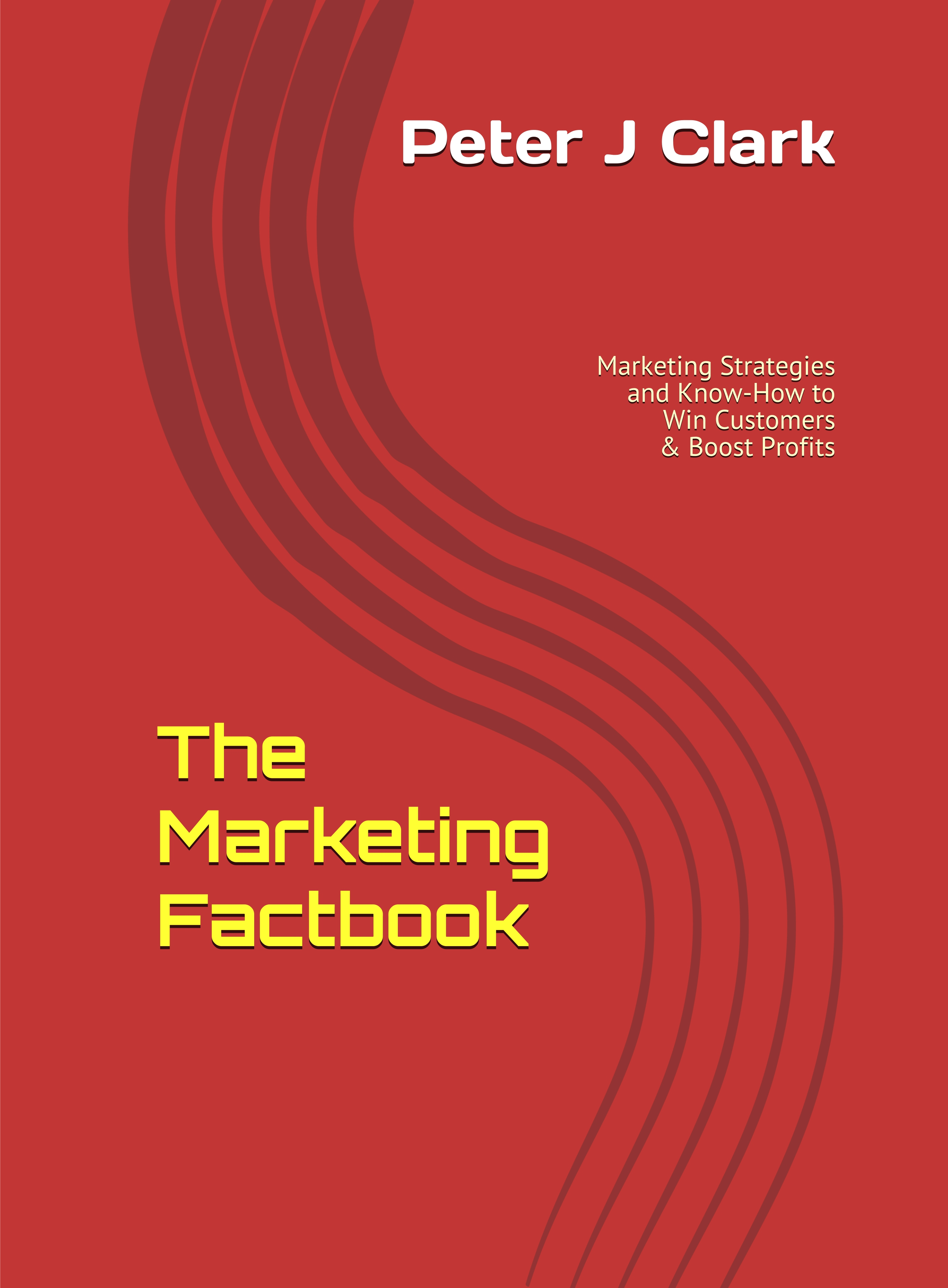Personalised messages 'feel impersonal', consumers say
Country, gender and age may be keys to perfect personalisation
Personalization is not just about understanding the individual consumer - brands need to consider their overall approach based on country-specific, age and gender attitudes to personalized marketing, as well as the characteristics and attributes that make a message feel personal to their different audiences, or they risk alienating customers.
These are the findings of a survey from Periscope By McKinsey, which offers a suite of Marketing & Sales Analytics Solutions to help companies achieve sustainable revenue growth. In all markets surveyed, more than 50% of respondents reported frequently receiving personalized messages. The U.S. and France receive the most personalized messages, with 62% and 60% of consumers, respectively, reporting they frequently receive them. Germany and the UK followed with 55% and 53%.
When it comes to attitudes towards receiving personalized messages from companies and brands, we see most markets surveyed indicate a positive attitude. Consumers in the U.S. again had the most positive feelings towards them, with 50% either really or somewhat liking to receive them, revealing high opportunity for businesses to effectively engage these consumers.
French and UK respondents were considerably less enthusiastic, with 38% and 37% respectively, feeling somewhat or very favorable towards them. Consumers in Germany were more skeptical, with only 29% having a positive feeling about personalized messaging.
Gender and Age Influence Personalization Attitudes
In the U.S. (56%) and Germany (33%), men feel more positively about receiving personalized messaging than women (44% and 25%, respectively). In the UK and France, however, women have a slightly more positive attitude than men in those countries. 39% of French and British women either somewhat or very much like to receive personalized messages as compared to 37% of French and 35% of British men.
Age also impacts the attitude towards personalization. With the exception of Germany, consumers aged 30-39 seem to respond more positively to personalized messaging, followed by respondents aged 18-29. Older generations across the markets surveyed demonstrated a significantly stronger dislike of this type of communication.
Categories are Personal Too
When asked from which types of companies consumers would like to receive personalized messages, in the U.S., 51% said grocery stores, with 49% saying restaurants and bars and 36% noting fashion retailers. The UK also tracked these findings at 44%, 40% and 33%, respectively.
It is a different view in Germany, where the top three categories change: 29% opted for grocery stores, fashion retailers followed at 28%, and then hotels, airlines and car rental companies at 25%.
Interestingly, while certain categories of companies are currently sending more personalized messages than others, survey findings show that some kinds of businesses would be better served to reduce the number of messages they send, while others may be missing out on the potential personalized messaging could deliver to them.
Consumers are Open to Personalized Messages
Brands have a long way to go on getting personalized messages right, with around 40% of consumers across all markets stating messages received only sometimes captured the characteristics that would make them personal - this is red flag for businesses - and a huge opportunity for those that can get it right. While the number of respondents who said these messages rarely or never fit these characteristics outweighed those who said they usually or often do in almost all the markets, the U.S. proved to be the exception.
31% of American consumers say that the usually or always find messages they receive relevant, as compared to 23% who said they rarely or never do. In comparison, in France, only 19% of respondents note that they usually or always receive personalized messages that are relevant, with 38% of respondents feeling the messages they receive are rarely or never relevant. Just 18% of British and 17% of German consumers report that they usually or always receive messages that are relevant, with 33% and 36%, respectively, noting that they rarely or never receive relevant messages.
It is clear from the research that consumers in different countries need to be approached differently when it comes to personalized marketing. For example, U.S. consumers said the top three attributes to influencing personalization are: when a business offers items that are a good fit for their personal style, relate to items they frequently purchased, and when messaging tied to a special occasion. However, German consumers feel communications are most personal when they include items that fit their style, their name and that reference a recent search they made.
France and the UK were different again. In the UK consumers ranked seeing their name, something tied to a special occasion and an offer that suits their style, as the top attributes. While French consumers selected in priority order, linked to a special occasion, an offer that matches their style and their name, as their top three personalization criteria.
"Personalization initiatives can deliver significant value, including on average 10-30% revenue uplift and higher customer acquisition rates and engagement1. But the key is that they must be done right," said Julien Boudet, global leader of McKinsey's work in personalization. "What's clear from the findings is that companies are missing the boat on delivering consistently relevant experiences at scale. In order for businesses to be successful with their personalization efforts, they should employ advanced analytics and solutions to better understand their consumers and manage effectively targeting trade-offs to drive a change in behavior. If they don't do this, they risk alienating audiences which in turn impacts brand reputation and customer loyalty."
Sources: Periscope By McKinsey / The Marketing Factbook.
Copyright © 2018 - 2025 The Marketing Factbook.
Categorised as:
- Customer Experience
- Customer Loyalty
- Knowing The Customer
- Marketing Know-How
- Marketing Technology
